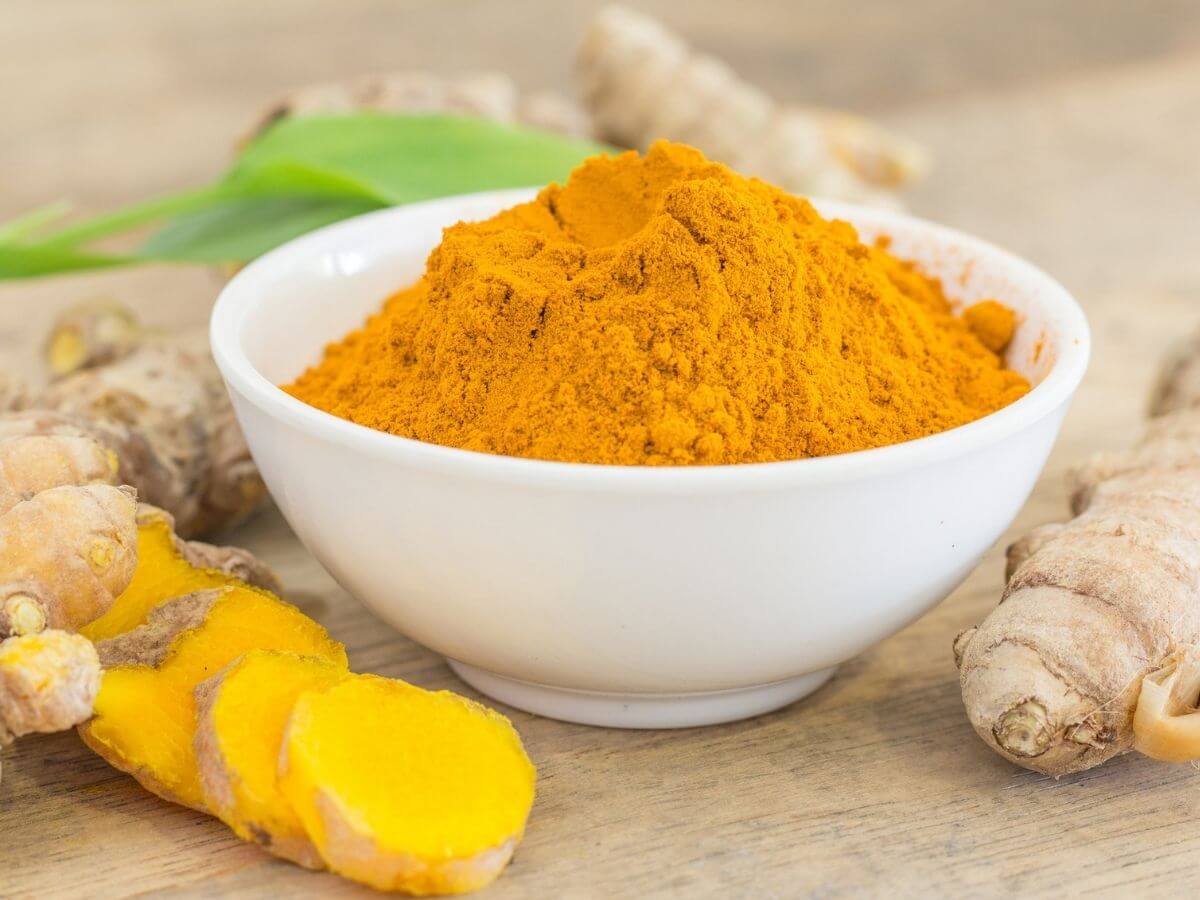Health Benefits of Turmeric

Turmeric is a common spice from the same family as ginger. Its active ingredient curcumin is what gives curry and mustard their vibrant yellow color. Curcumin is also being studied for its anti-inflammatory properties, which may produce a wide variety of positive benefits throughout the body.
Turmeric can be added to foods like curries and smoothies, and there are also turmeric supplements. However, it’s a good idea to talk with your doctor before adding turmeric to your diet, as they can provide the latest information on potential health benefits and any side effects.
Also, you should be aware that other substances use the name “turmeric” but aren’t the same as the spice from the root of the Curcuma longa plant. They include Javanese turmeric root or tree turmeric, zedoary, and goldenseal, to name a few.
Is Turmeric Good for You?
Turmeric has been used for thousands of years in India as a spice and in traditional medicine. However, modern research into its health benefits is ongoing.
That said, studies suggest that consuming turmeric daily may help:
- Reduce inflammation. Turmeric may help with chronic conditions that involve inflammation, such as ulcerative colitis.
- Decrease pain. People who have conditions like osteoarthritis may experience less pain when consuming turmeric.
- Fight free radicals. Turmeric appears to have two benefits in this area: neutralizing free radicals and helping other antioxidants work more effectively.
- Improve memory. Research suggests that patients with dementia may have better memory performance when consuming turmeric regularly and a slower decline in neurocognition.
- Prevent cancer. Studies have found that turmeric may reduce the growth and development of cancer.
- Decrease hay fever symptoms. People who consume turmeric may experience less sneezing, itching, and congestion.
- Fight fatty liver disease. Turmeric appears to prevent the build-up of fat in the liver.
- Reduce symptoms of depression. Turmeric may increase the levels of mood-regulating chemicals in the brain called dopamine and serotonin. It may also boost the level of brain-derived neurotrophic factor (BDNF), a protein that’s important in memory and learning.
- Decrease the risk of heart disease. By reducing inflammation and oxidation, turmeric may lower the risk of heart disease.
Turmeric and Curcumin: Potentially Important Health Benefits
Both from its use in traditional medicine and scientific studies, turmeric appears to have health benefits. If you’re interested in consuming it as part of a healthy diet, you should talk with your doctor first.
While the risk of side effects from turmeric is low, it may not be recommended for people with certain health conditions including gallbladder disease and it may interact with blood-clotting medications. If you don’t have a healthcare provider, you can find a Baptist Health provider near you via our online directory.
Next Steps and Useful Resources
Find a Provider
Health Benefits of Ginger
6 Foods that Help Fight Inflammation
[RECIPE] Strawberry Ginger Refresher



